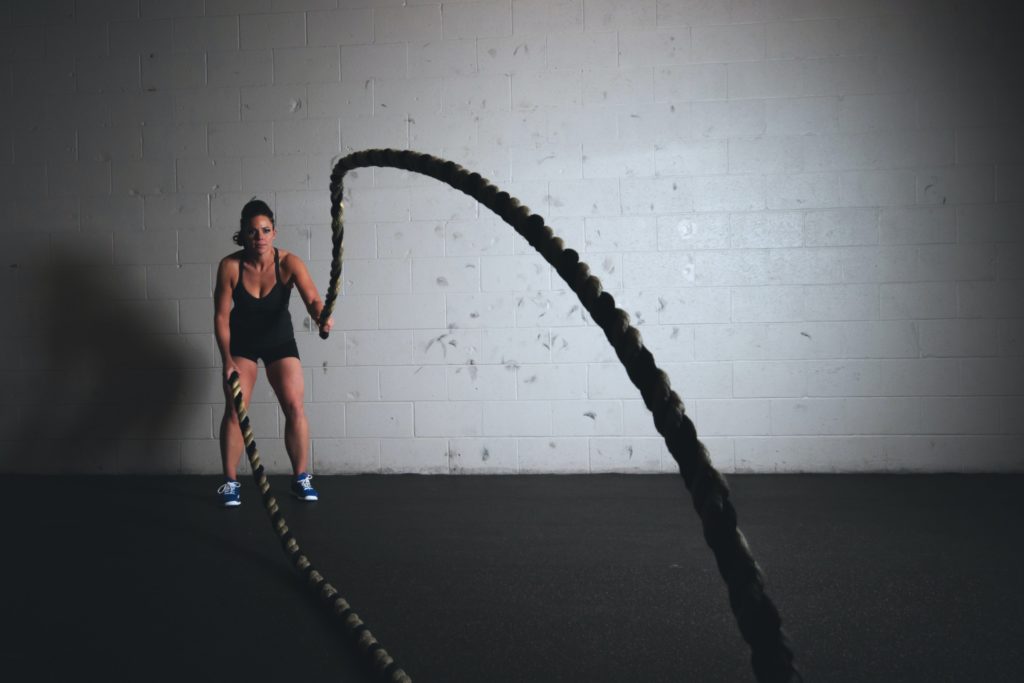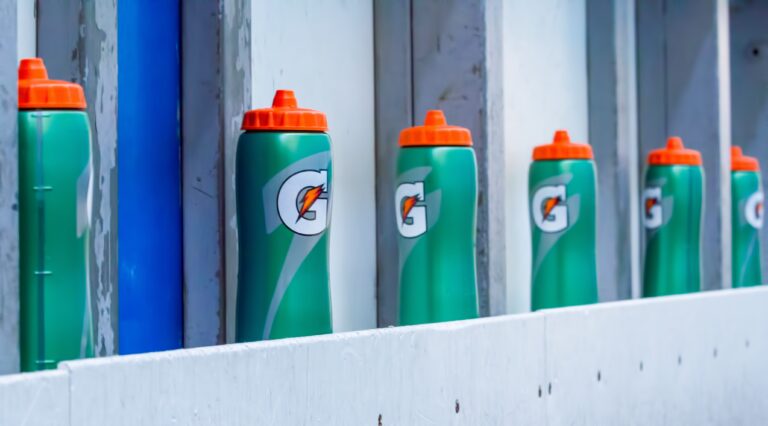Hello September! Anyone else feel like this summer was super long, but also flew by at the same time?! This is a time of transition for many sports: winter sports start back up, and summer sports are winding down. Marathoners and triathletes are usually training for fall races, but know that the up-coming off-season will provide a much needed break.
Of course, this year has been oh-so different. In-person races were cancelled, although virtual racing provided training goals and opportunities for endurance athletes. Team sports seasons were cut short, but many have now slowly resumed. However, many athletes (such as hockey players) are still in their off-season until December (as far as we know!). This means the off-season stretch has been much longer than usual.
I’ve worked with many athletes over the past 6 months to maintain their nutrition plan throughout their off-season to ensure that they will be in the best shape possible when they return to their sport. In most cases, this goes beyond simply what they eat and drink, but also includes the mindset behind it.
Here are the top 3 off-season mistakes athletes make:
1. All-or-Nothing Mindset
You’ve had a crazy training and competition schedule, and you finally get some time off. First, you re-acquaint yourself with Netflix (helloooo, couch!) and eat all the things, finally not having to worry about pre and post workout nutrition, hydration, and meal timing.
After that stint grows old, you become super motivated to make the most of your time “off” training. You have goals to increase muscle mass, increase strength and power, and decrease fat mass. You are gung-ho, counting every gram of protein that enters your mouth and tracking all your macros. For a week or two. And then things start to slide. You go to a party, you eat out, you spend time at the cottage, you skip a workout. Before you know it, it’s hard to get motivated to make that green smoothie and add extra veggies to your meals. Oh, and you’re behind on that Netflix series. And so the cycle continues.

If you know you have an all-or-nothing personality (which many athletes do!), be proactive. Work on making small changes consistently. Even when you are feeling ultra-motivated, allow yourself some flexibility in your eating. If you do like some structure, this may mean following the 80/20 guideline, where you have a “treat” food (I don’t like using that term, but you get the gist), every couple of days (or even every day! I know, sheer craziness). This allows you to build trust and confidence that you can still achieve your goals while including a variety of foods. Plus, it means that you won’t feel that same level of deprivation, leading to the all-or-nothing (also know as restrict-binge) cycle.
Quick Tip: Build a plan on established healthy habits, such as staying hydrated throughout the day, eating at regular intervals, and including plenty of nutrient-dense foods. However, this plan should include a variety of foods, including less nutrient-dense foods.
2. Not getting adequate rest.
The off-season is a time to let your body recover. Athletes are not meant to be in peak performance shape all year round. Trying to maintain top form will lead to burn-out and is not sustainable. Burn-out in athletes results in decreased performance, fatigue, and increased risk of illness and injury. It is helpful to view the off-season as as an integral part of training.
Nutrition can further help optimize this rest and recovery period. Nutrition during the off-season is just as important as in-season. With that in mind, focus on including nutrient-rich foods to your meals and snacks. This can be as simple as filling half your plate with colour: deeply coloured fruits like berries, plums, cherries; vegetables such as peppers, beets, carrots; dark leafy greens such as spinach, arugula, kale, swiss chard; and cruciferous vegetables like broccoli, brussel sprouts, red cabbage, and cauliflower. Think of these antioxidant-rich powerhouse foods as helping your body recover on a cellular level. This will ensure you will be fully ready to get back to training when the time comes.
Quick Tip: Talk to your coach or trainer about the best plan to ensure you are getting adequate rest. Continue to include nutrient-dense foods in your diet to help with recovery.

3. Too worried about weight gain or body fat gain.
Athletes are often used to training almost daily (and often for several hours per day). Taking a step back during the off-season can lead to worry about changes in weight or body composition. If this is you, remember that it may actually be beneficial for your body composition and weight to change during the off-season. This may allow your body to recover more fully. Try to take the focus off weight. Although the off-season may be the best time to make changes in body composition if needed, you also need to determine if it’s an appropriate and realistic goal, and ensure you have a sustainable plan in place.
Most importantly, you don’t want to be too restrictive in your eating. Remember: the whole point of the off-season is to let your body rest and recover. You need good nutrition to recovery adequately. Don’t compromise your recovery because you are worried about the number on the scale.
Following the Athlete’s Plate models (found here) can be a great starting point if you’re unsure how to adjust your meal balance with less training. The low or moderate training plates are an appropriate starting point for most athletes in the off-season. And let me emphasis that: use these plates as a starting point, and then adjust based on your hunger levels and your energy levels.
Quick Tip: Follow the Athlete’s Plates as a starting point to ensure that you are getting a good balance of macronutrients. Adjust based on your hunger levels, and energy levels.

Lastly, remember that the off-season is a great time to experiment with different foods so that you can further learn about what works best for you. Your off-season nutrition plan SHOULD look different than in-season.
Looking for strategies to make the most of your off-season? Contact me to book a free call!
Take it one bite at a time,
Cara








